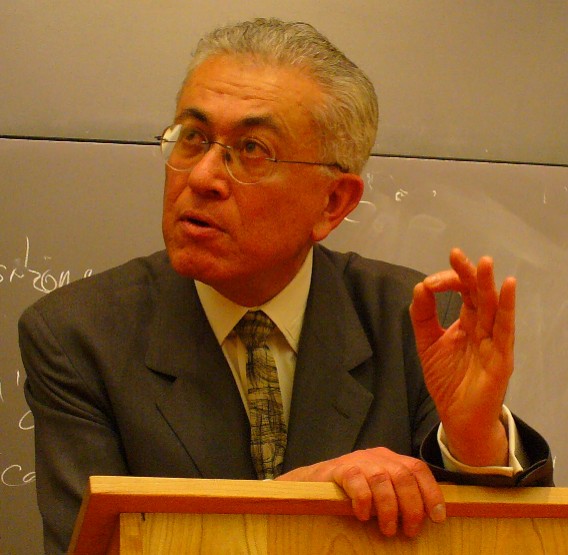Source: The Religion of the Future (2014), p. 29
Roberto Mangabeira Unger Quotes
Source: Democracy Realizedː The Progressive Alternative (1998), p. 126
Source: The Left Alternative (2009), p. 187
Quoted in David Remnick, The Bridgeː The Life and Rise of Barack Obama (2010), p. 185 (explaining the nature of Obama's participation in the two seminars that Obama took with Unger while studying at Harvard Law School)
On Barack Obama
Source: The Self Awakened: Pragmatism Unbound (2007), p. 57
Source: The Self Awakened: Pragmatism Unbound (2007), p. 70
Source: The Religion of the Future (2014), p. 385
Source: Plasticity Into Power: Comparative-Historical Studies on the Institutional Conditions of Economic and Military Success (1987), pp. 12-13
Source: Plasticity Into Power: Comparative-Historical Studies on the Institutional Conditions of Economic and Military Success (1987), p. 12
Source: Plasticity Into Power: Comparative-Historical Studies on the Institutional Conditions of Economic and Military Success (1987), pp. 169-170
Source: Law in Modern Societyː Toward a Criticism of Social Theory (1976), p. 245
Source: The Self Awakened: Pragmatism Unbound (2007), p. 27
Source: The Left Alternative (2009), p. 30-1
Source: False Necessityː Anti-Necessitarian Social Theory in the Service of Radical Democracy (1987), p. 361
Source: Law in Modern Societyː Toward a Criticism of Social Theory (1976), p. 266-7
Source: The Self Awakened: Pragmatism Unbound (2007), p. 143-4
Source: The Religion of the Future (2014), p. 298-9
Source: The Self Awakened: Pragmatism Unbound (2007), p. 134
Source: False Necessityː Anti-Necessitarian Social Theory in the Service of Radical Democracy (1987), p. 500
Quoted in David Remnick, The Bridgeː The Life and Rise of Barack Obama (2010), p. 185 (explaining why he avoided press inquiries during Barack Obama's 2008 presidential campaign, concerning his association with Obama at Harvard Law School)
On Barack Obama
Source: False Necessityː Anti-Necessitarian Social Theory in the Service of Radical Democracy (1987), p. 433
Source: False Necessityː Anti-Necessitarian Social Theory in the Service of Radical Democracy (1987), pp. 293-294
Source: The Self Awakened: Pragmatism Unbound (2007), p. 157-8.
